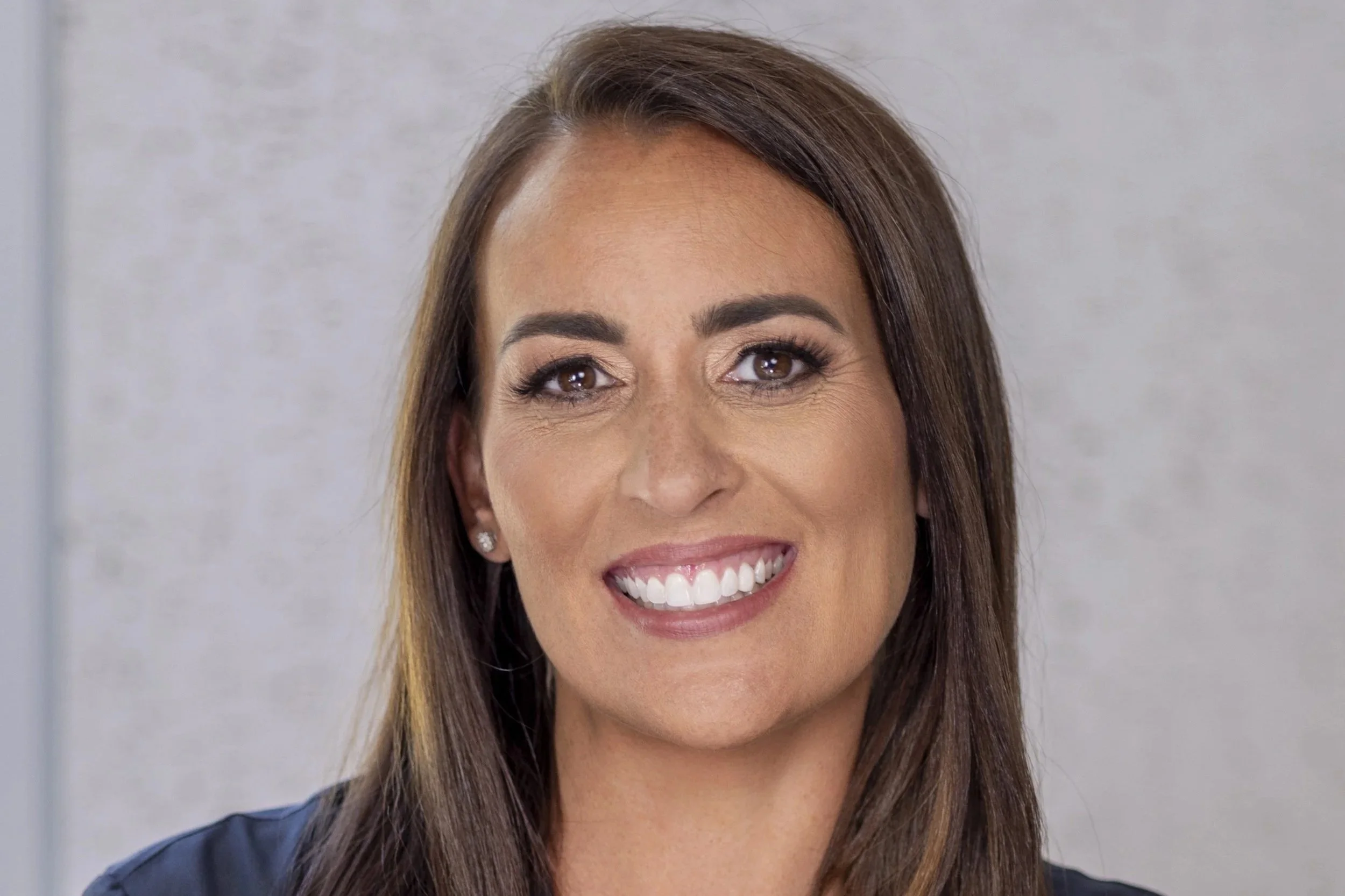How Do You File for Divorce in New York If You Have Kids and a House?
A question we often hear is: “I want to file for divorce in New York, but I’m not sure how. We have children and own a home, but no other assets. What does the process look like, do I need a lawyer, and what happens with custody and the house?”
Divorce Basics in New York
Residency requirement
At least one spouse must have lived in New York for two years before filing, or one year if you were married in New York, lived here as spouses, or the grounds occurred here.
Grounds
New York allows no-fault divorce: stating the marriage has broken down for at least six months.
Where to file
File in the Supreme Court in your county, whether in New York City, Albany, Buffalo, Rochester, or Syracuse.
Process overview
File summons/complaint → serve spouse → financial disclosures → custody/property negotiations → settlement or trial → judgment of divorce.
Do You Need a Lawyer to Get a Divorce in New York?
Not required; you can represent yourself using DIY forms.
Why a lawyer/mediator is helpful
Drafting agreements for custody and parenting time.
Handling real estate and mortgage division.
Clarifying child support and spousal maintenance.
Ensuring compliance with New York’s specific paperwork requirements.
How Much Does It Cost to Get a Divorce in New York?
Court filing fees: usually around $335–$400.
Attorney fees: uncontested divorces may start at $1,000–$3,000; contested divorces can cost much more.
Mediation fees: often a lower-cost alternative if spouses cooperate.
Other costs: appraisals for homes, guardian ad litem in custody disputes, parenting classes.
What About the House & Property Division for Divorce in New York?
New York uses equitable distribution.
Marital property includes assets acquired during the marriage (like a home purchased together).
Separate property includes property owned before marriage, inheritances, or gifts.
Factors courts consider:
Each spouse’s contributions, financial and non-financial.
Length of marriage and each spouse’s health/income.
Custodial arrangements and children’s stability.
Whether one spouse should remain in the home for the children’s best interests.
Outcomes include selling and splitting proceeds, buy-outs, or awarding one spouse the home with offsets.
Custody, Parenting Time & Child Support for Divorce in New York
Custody is based on the best interests of the child.
Custody may be joint (legal decision-making shared) or sole.
Parenting time (visitation) depends on schedules, child’s needs, and parental cooperation.
Child support is based on New York’s statutory formula, factoring in parental income and number of children.
Things You Must Know About Getting Divorced in New York!
You can file pro se, but forms are complicated—many parents benefit from mediation or legal help.
Title on the deed isn’t everything—marital funds used on a home may make it divisible.
Parenting plans must be thorough to be accepted.
Spousal maintenance may apply, based on income differences.
Custody and child support orders can be modified later.
A Gentle Reminder About Divorce in New York
This post is for educational purposes only and is not legal advice. New York divorce law is complex, and outcomes vary across counties, from Manhattan to Albany to Buffalo.
At Fresh Starts, you can search our Expert Guide by state to find New York-based attorneys, mediators, financial professionals, and child specialists who can help you navigate divorce with clarity.









